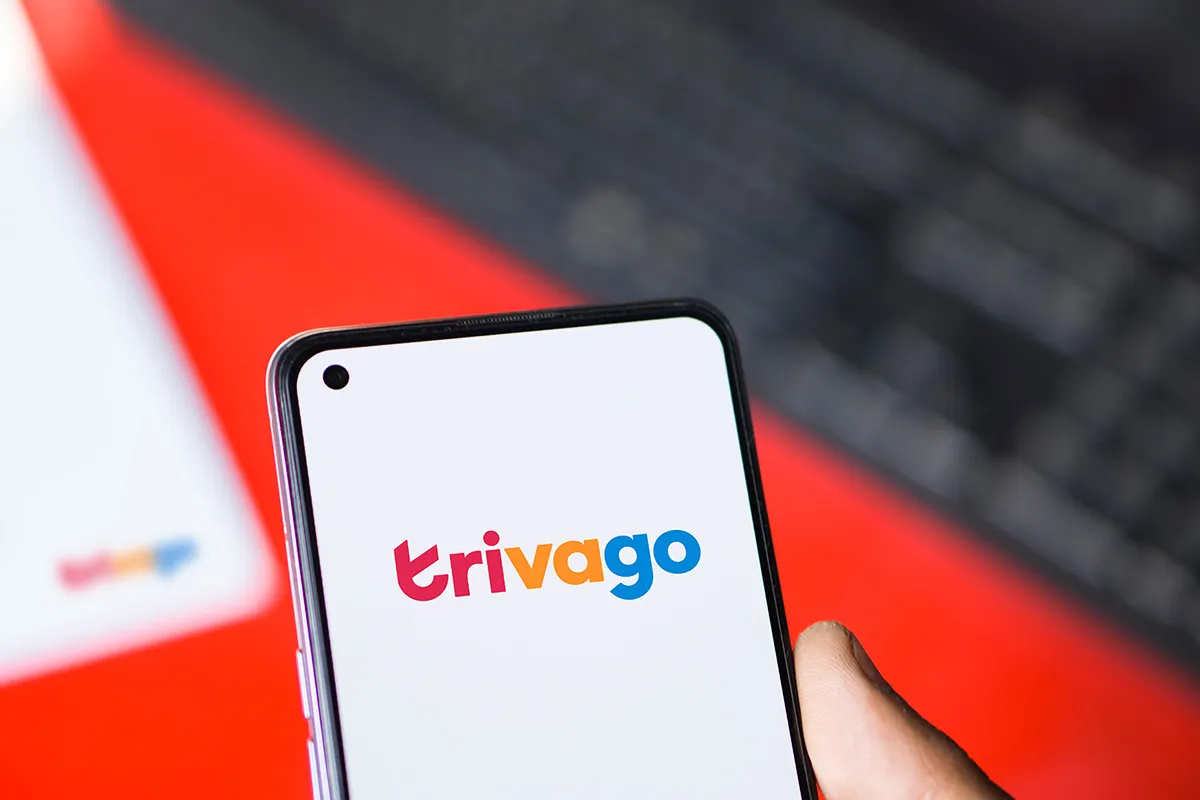The 7 most popular tourist scams and how to beat them
Skift Take
All over the world, tourists are easy prey for scammers and street criminals. Statistics are notoriously difficult to compile because the vast majority of victims don't want to take time out of their holiday to report what is often only classed as "petty crime". But some do.
Last year the police in Barcelona, one of Europe's top 10 holiday destinations, were told about more than 100,000 individual thefts. Figures in Britain show that pickpocketing has risen 17 per cent in the past two years.
I've just returned from five months travelling around the world making a television show, Scam City, for the National Geographic Channel. In each episode I went undercover in a different city to investigate the criminal gangs that prey on tourists and travellers. I wanted to find out who these people are and, more importantly, to document how they operate. Here are the most common scams to which travellers fall prey – and some advice on how to avoid them.
Bangkok gem scam
A must-see tourist stop in Bangkok is the temple at Wat Pho. The scammers are wise to this and take up positions 500 yards or so from the entrance. As you arrive they helpfully inform you that today the temple is closed, even though it isn't. The scam involves them offering to take you to see an alternative, which their tuk-tuk-driving friend will take you to free of charge. It sounds great, until you realise he's taking you to a few jewellers' shops along the way, all of which sell overpriced gemstones.
Tip: In the first instance, check for yourself whether the temple really is closed. If you find yourself ushered into a jewellery shop, smile graciously, thank them for the advice and leave.
The Istanbul fake friend scam
You'll never walk alone in Istanbul for long. The city is full of friendly young men waiting to be your new best friend. They'll approach you in the street or in a bar and welcome you to Turkey by buying you a beer. What could be friendlier? Then they invite you to another bar. The only problem is the drinks in that bar cost €100 (£80) each. When it's time to pay you're left with a whopping bill. Your new friend offers to pay half but of course the bar never charges his credit card. After he has said goodbye he doubles back to get his commission.
Tip: The best way to avoid this is something your mum told you years ago – never accept drinks from strangers.
Pickpockets in Barcelona
In Barcelona, I infiltrated a gang of pickpockets to get an insider's view of how they work. These gangs have rules – never steal from locals and always work in crowded areas.
That means they work the Metro during the day and the Ramblas at night. They target bulging back pockets and bags slung over shoulders.
Their skill levels are incredibly high – undoing a bag zip while climbing a flight of stairs is no problem to them. Within an hour spent with my new "friends" they had pilfered four wallets, a phone and a pair of reading glasses.
Tip: When you're on the Metro in Barcelona, carry all your valuables in front of you where you can see them, it may feel uncomfortable but not as uncomfortable as queuing up to report them lost at the police station.
Guided tours in Rome
People often ask me what they can do to prepare for their trip before they leave home. Booking activities in advance is a great idea – especially in Rome, for sights such as the Vatican or the Colosseum. Guided tours are a lucrative business for scammers and some of the tour operators are controlled by the mafia. They charge a premium rate, but your guide turns out to know less than you do about the Romans or Renaissance art.
Tip: The reputable tour guides are all online so if you book ahead, you avoid the risk. So far the scammers haven't caught on to the online potential but it won't be long before they do, so be sure to pick a company with good reviews on websites such as Tripadvisor.com.
Counterfeit currency
Watch out for counterfeit money, especially outside Europe. Many businesses that deal with tourists have become willing distributors and taxis are notorious for passing off fake bills in their change. The time to be on your guard is just after you've handed over your fare. Keep your eyes on your driver – this is the prime time for them to slip in a few dodgy notes.
Tip: Keep your eyes on the cash during a transaction, always check your change and don't be afraid to return a dodgy-looking bill and ask for another. Better still, carry plenty of change, so you can hand over the exact fare.
Rug shopping in Marrakesh
If you're off seeking winter sun in Marrakesh this year then beware. No trip to Morocco is complete without buying a carpet. The general rule is the older it is, the more valuable. I discovered a rooftop factory bleaching rugs to make them look aged and these were being sold to tourists as "antique" for many times their real value.
Tip: If you genuinely want to buy an old rug, the safest bet is to head out of the souk to Marrakesh New Town. You may pay a little more but the bigger shops have cleaned up their acts.
Delhi doctors visits
Tourists are not always the victims of the scammers' crimes. One of the most shocking scams I uncovered was in Delhi. Initially, I'd been tipped off that many of Delhi's doctors have fake credentials and are in fact no more qualified than I am to prescribe medicine. However, when I toured the clinics with the fake sore tummy I had perfected during my school days, a shocking truth emerged – it's the real doctors you need to watch out for!
On several occasions genuine, bona fide, registered doctors suggested to me that together we could inflate my medical bills, and therefore my insurance claim, by adding treatments and drugs that I had never had. The cost for this unorthodox service? Fifty per cent of the profits. Of course, client confidentiality was "assured" but if your insurance company catches you engaged in this kind of activity, then you'll need another type of professional altogether.
Tip: If you are ill, go to hospital, not a doctor's surgery.
![]()




